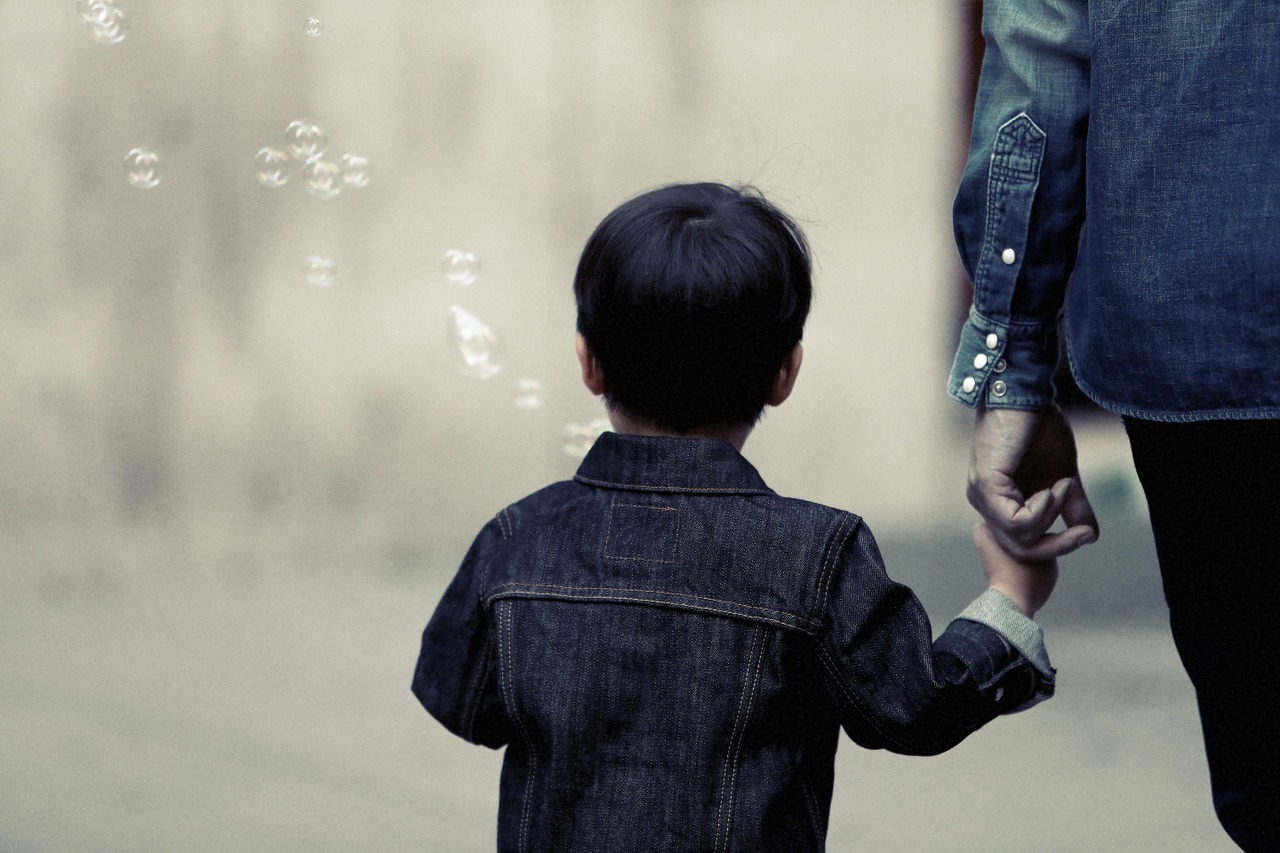
A global pandemic, a heatwave, catastrophic lightning storms, wildfires, race relations, and distance learning are just a few of the current events that are making 2020 one of the more unique years that we've experienced in recent history. Many of these experiences can be new and difficult for us to process as as grown-ups. So then, how do we discuss these topics and help our children process the varying emotions, thoughts and concerns that are bubbling as every day brings us something new to digest?
While we can't always protect or shield our kids from witnessing or experiencing traumatic events, we can offer comfort and compassion. Below are some ideas on how to communicate with children about what is going on in the world around us. The depth of the conversation and your responses will vary depending on the age of your child. While some conversations might be as quick as 10 minutes, and others might last much longer, they won't be one-time conversations. Remember, you don't need to have any answers or solutions for these discussions. Its OK to not know what will happen next. These talks are the beginning of a toolkit of healthy coping mechanisms for your family as you navigate these experiences together.
Finding the right time of day for this discussion can be tricky. For older kids, this can be brought up during dinner. For younger children, start the conversation when they are in a calm environment, are well fed and aren't tired. This can happen during the bedtime routine, or maybe in the afternoon during snack time. Pick a time that works best for you too. Don't try to force a conversation when you're expecting an important phone call or email.
1. Start the Conversation
Sometimes, it may seem like our kids are oblivious to the world outside their home, but more likely, they can't fully communicate what they are thinking or feeling at the moment. This doesn't mean you have jump right into the tough topics. Start with a few general questions to get a sense of what the see going on in the world. What you think they see and hear isn't always a match to what they see and hear.
For kids 0-5 years old:
- "How are you feeling?"
For kids 5+
- "How are you feeling about what's happening in the world?"
2. Listen to Them
This is a great time to encourage children to share their feelings and their thoughts. Take this opportunity to find out what they know about what's going on in the world. Maybe all they know is that they can't go to school. Maybe they want to know why it smells funny when you open the window. Once you know where your children are in processing such major life events, the better equipped you are to handle these talks in small bites. You can also use this time to share your feelings and thoughts. Moments of empathy help children feel heard and validates their feelings.
- "You miss going to school and seeing your friends, is that right? I also miss going to work and seeing my work friends."
- "It sounds like ... is really worrying you"
Small children may not be able to express their fears in a straightforward way. It can help to summarize what they saying back and adding in clarification questions for a final confirmation.
- "It sounds like you're really worried about ...."
- "How long have you been feeling ..."
3. Validate Their Feelings
Once you know what your child's main concerns are, you can start the process of validating their feelings and letting them know that there is a safety net. The goal of this conversation is to let them know that what they are feeling is very real, but that you will be there to support them and that they can come to you with any questions that they have. Focus on the good that you see happening in the world (this can helpful for adults as well as children). If you are having trouble finding good in the world, focus on positive memories or new positive memories to form in the future.
- The wildfires can be scary, but we have brave men and women working non-stop to help put out those fires and help people safely find new homes.
- The pandemic can be scary, but we have brave doctors, scientists and researchers working non-stop to find different ways to helping anyone who gets sick. They have already helped us find ways of keeping ourselves safe just by washing our hands, staying away from large groups and wearing a mask when we go outside.
- The heatwave makes us feel hot and icky. But remember when it rains in winter and we can go jump in puddles again?
For more resources on starting these tough talks with your children, check out the Center for Parenting Education and Greater Good Science Center of UC Berkeley for discussion guides about talking to kids about traumatic events.



Add a comment to: Talking to Kids about 2020 (Part 1): Starting the Conversation